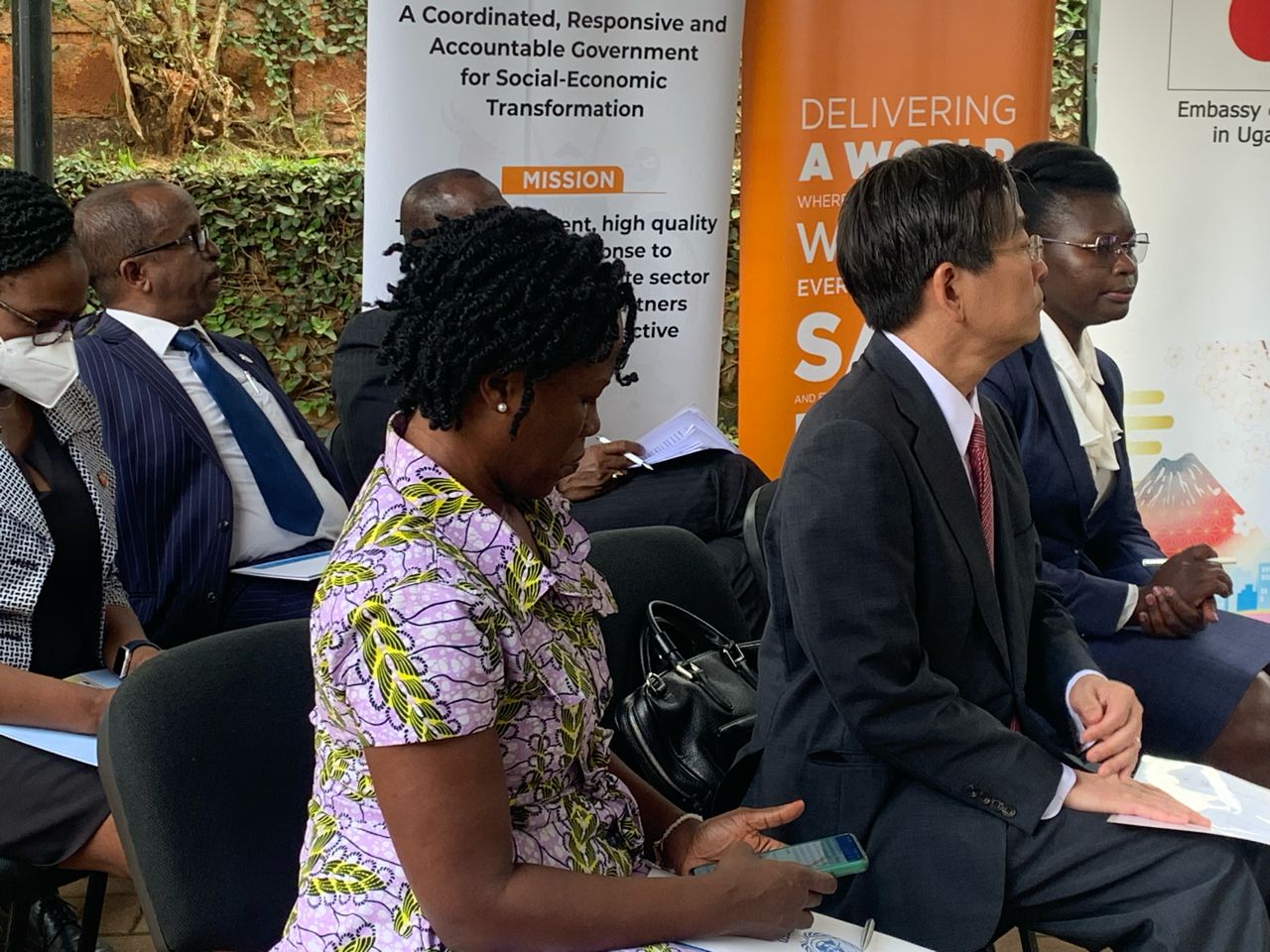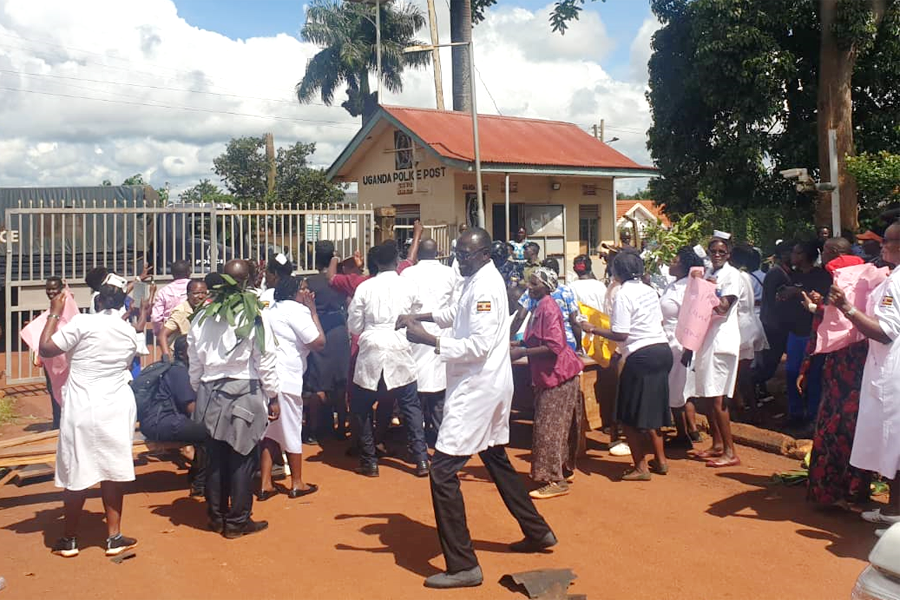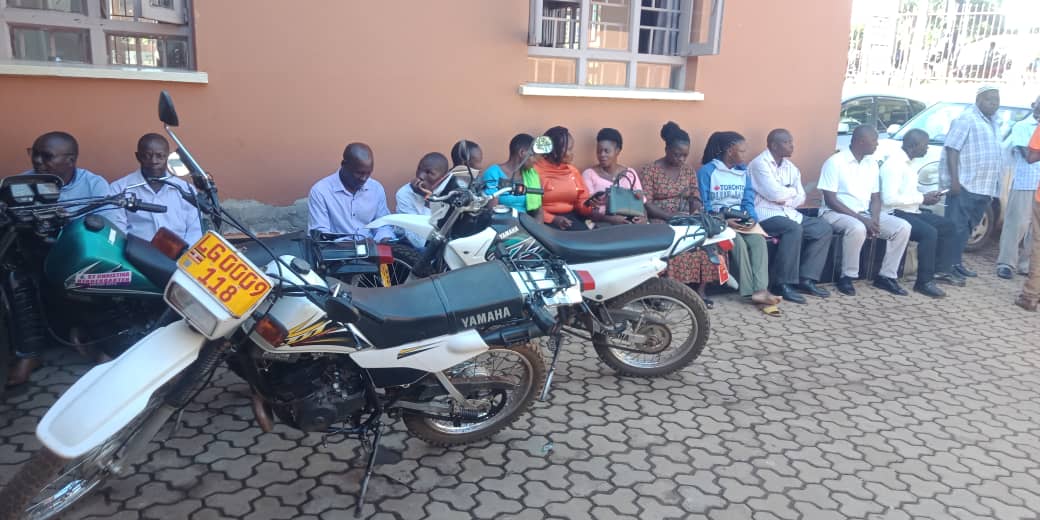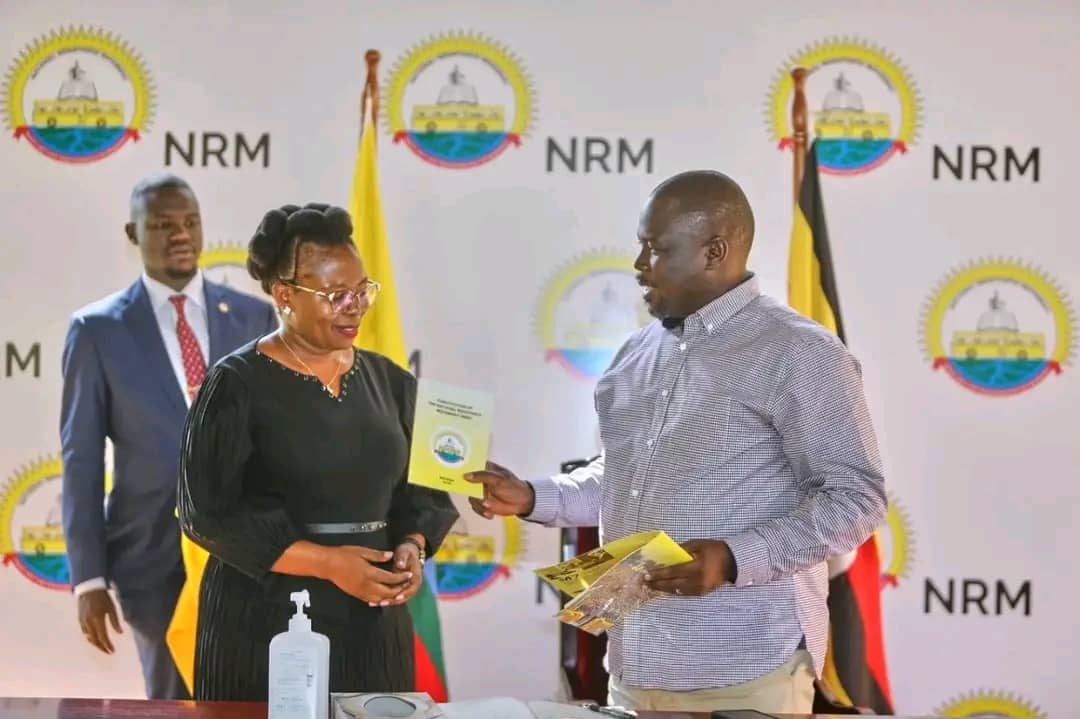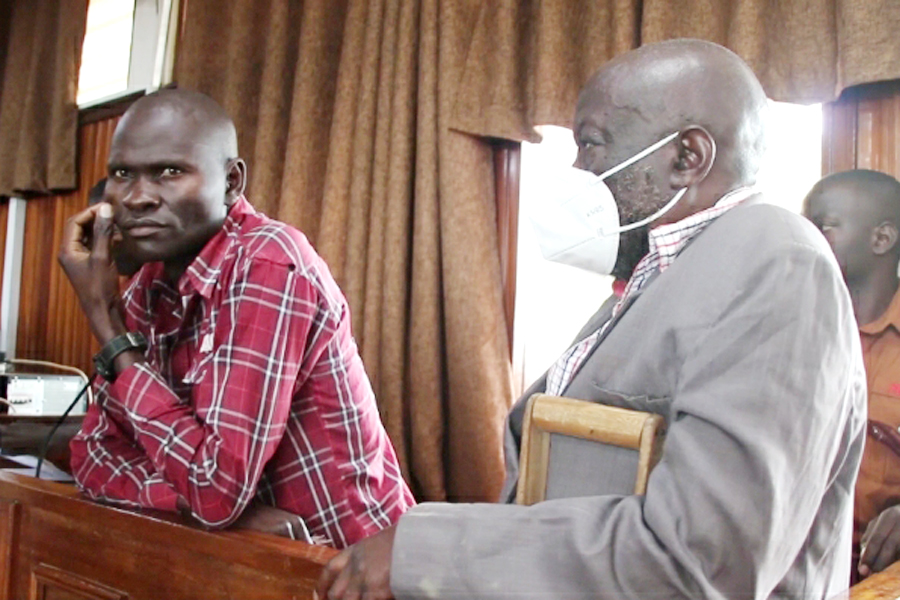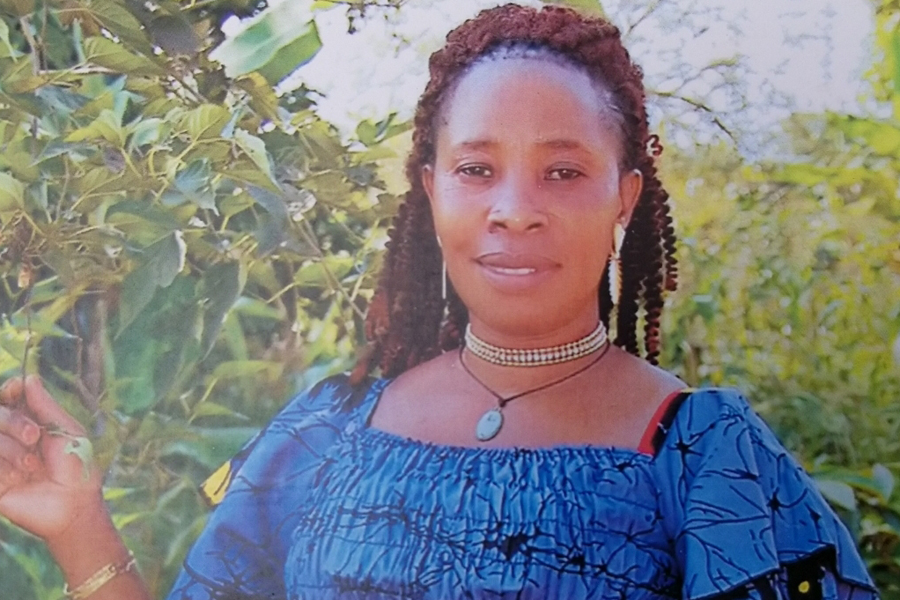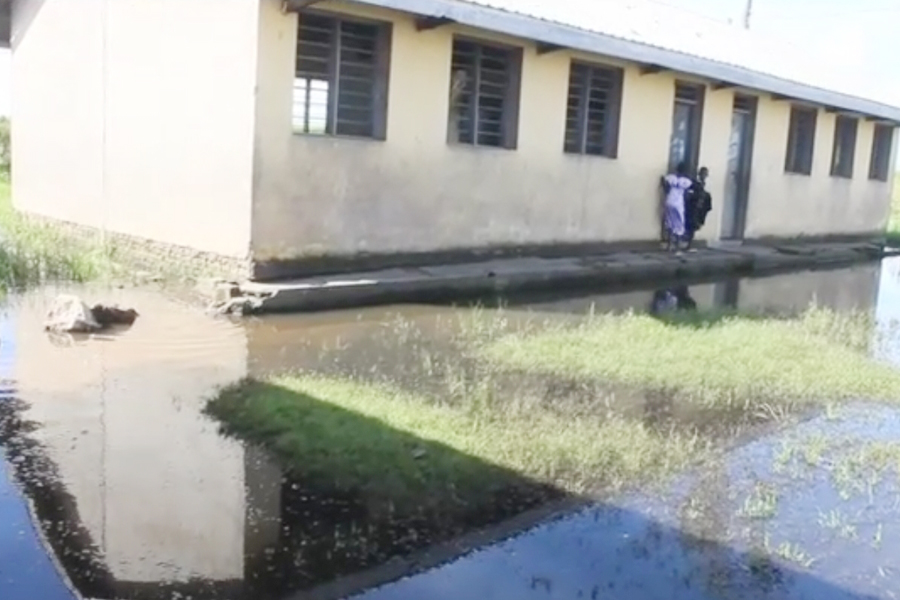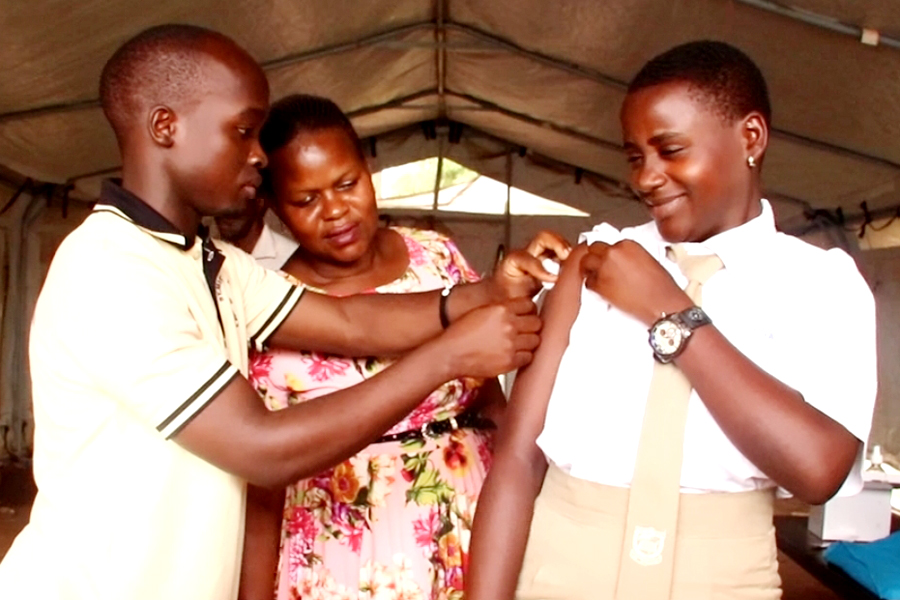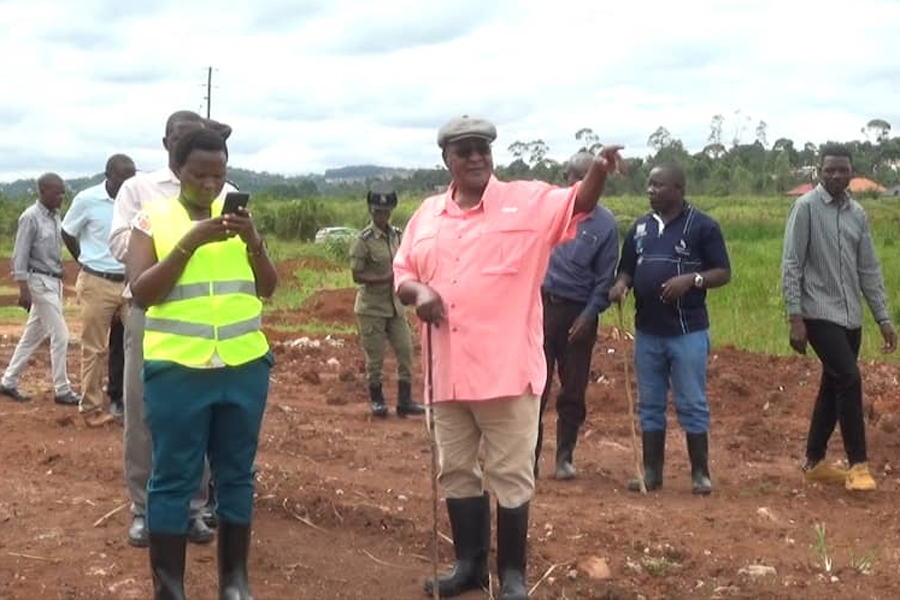Damali Ssali
Keep Reading
The development of Uganda’s trade and economy requires efficient, reliable and competitive transport and logistics.
Unfortunately, water transport, which is the cheapest and most inclusive mode of transport, is underdeveloped and under-utilised.
Ninety five per cent of cargo and people move on roads and the over-reliance on road transport has, according to different studies, led to rapid deterioration of road assets, which has seen government spend about USD 21m in maintenance annually.
Additionally, roads are an unsafe mode of transport, which according to World Health Organisation (2015) estimates makes economies such as Uganda lose almost 3% (USD 800m) of their GDP to road crashes.
Currently, Uganda has serviceable national road network covering both the northern and central corridor.
The limitation of rail and water transport pushes goods transport onto roads creating congestion and raising the unit cost of transport over longer distances.
The current average transport cost per kilometre stands at USD 2, in Uganda.
This is twice as high as that of comparative middle-income economies which stands at USD 1 per kilometre.
According to the World Bank 2016 Logistics Performance Indicator, Uganda was ranked 58 (out of 180 economies).
This ranking must be improved as poor logistics leads to a 0.4% contraction in the GDP of an economy.
This problem will further be compounded by the upcoming Oil and Gas economy, which according to conservative estimates, will see an additional 1.2m tonnes of containerised cargo and about 13,000 jobs and passenger traffic added onto the current road load yet the existing road infrastructure is already above capacity.
Therefore, the development of efficient water transport and related logistical services is the catalyst required to strengthen the autonomy of the Ugandan economy.
Improvement of inland waterways will pull cargo and passenger traffic to new logistics supply chains, which will allow sustainable utilisation of existing transport capacities.
Uganda’s comparative advantage is evident given that over 30% of the territory is covered by water.
This provides navigable channels through rivers and lakes.
However, available data indicates that only 1million tonnes (about 8%) of freight cargo, to and through Uganda, uses water transport, which if well exploited could lead to exponential growth in Uganda’s domestic and cross border trade.
Water transport can be developed to facilitate trade and tourism, which will not only trigger economic growth but also the East African Community and the DR Congo.
A comprehensive view should be taken on lake transport development to cater for large scale international traffic.
Development of water transport must include multimodal ship-road-rail-port and logistics services with ship building and rehabilitation simultaneously catalysed.
Water transport is important in moving cargo and passengers from domestic and international points.
Generally, the capacity of water vessels far exceeds that of rail wagons, and trucks.
Therefore, ports intermodal facilities that have warehousing, and physical infrastructure for freight transfer from water vessels to railways and trucks, and vice versa should be prioritised. Inland water transport is less labour intensive compared to other modes.
It is a low fixed costs investment yet it has high returns, among which include efficiency in terms of safety, frequency and less costly, among others.
Although Lake Victoria is strategically located at the convergence of the northern and central corridor, its potential for marine transport has not been fully exploited.
Freight traffic on the lake is modest mainly due to poor infrastructure of port handling facilities and few vessels.
However, notwithstanding these limitations, the Lake Victoria basin services the economic activities of several countries with Uganda, Tanzania, Uganda and Kenya directly sharing this trans-boundary water resource, while Rwanda and Burundi also benefit indirectly.
The population of this basin stands at 40m and a shared GDP USD30 billion, about 40% of the total EAC economy.
Therefore, the potential of the lake economy is immense and there is urgent need to develop the water transport infrastructure.
At least 70 of water cargo is agricultural (food and live animals) while 20% is Ugandan manufactured products and 10% being the rest of other commodities.
Small motorized and non-motorized boats dominate water transport moving from one island to another and other international borders.
Therefore, development must focus on local passenger transport to tap into passengers moving from one island to another or the shorelines.
However, the development of water transport must address environmental degradation because a reduction in water levels, if unchecked, will curtail the navigability of the lakes and rivers.
Uganda can, and should, exploit its natural comparative advantage and develop water transport, through efficient infrastructure and logistics services, which will facilitate domestic and international trade, tourism, employment and economic output.
The writer (Damali Ssali) is a Trade Development Expert damali.ssali@gmail.com


